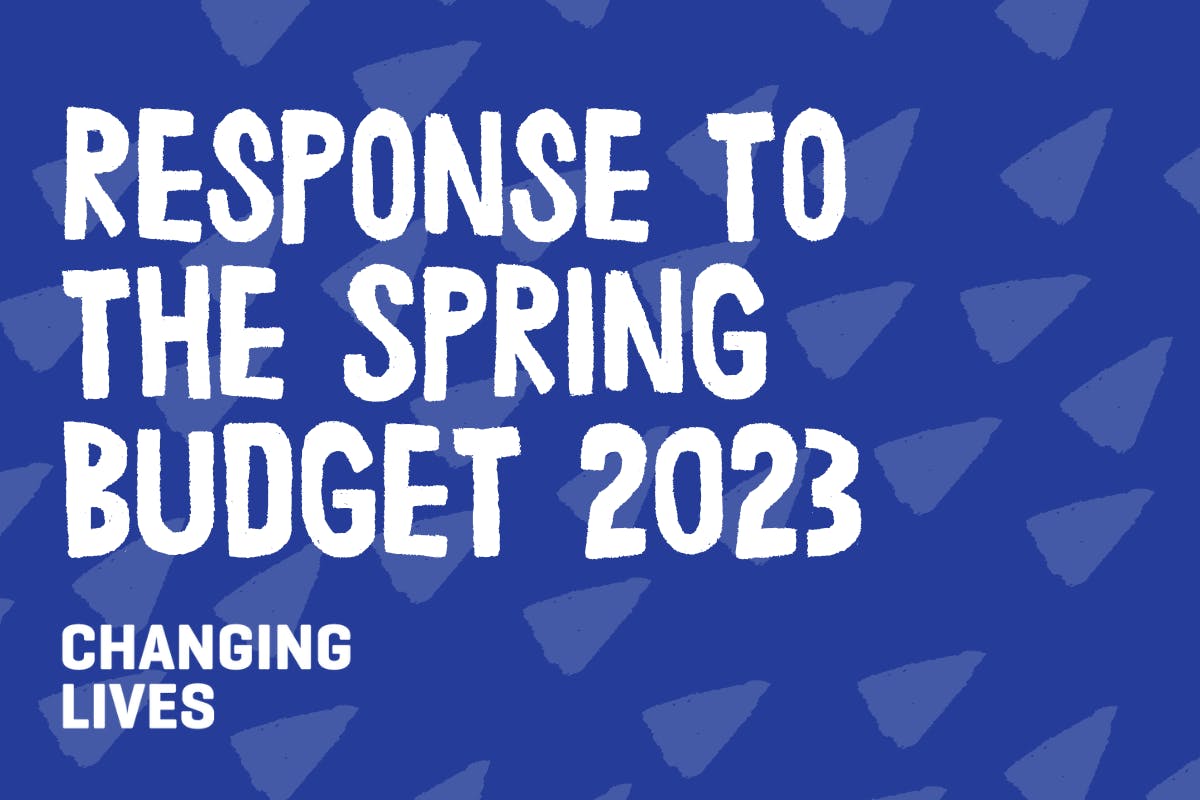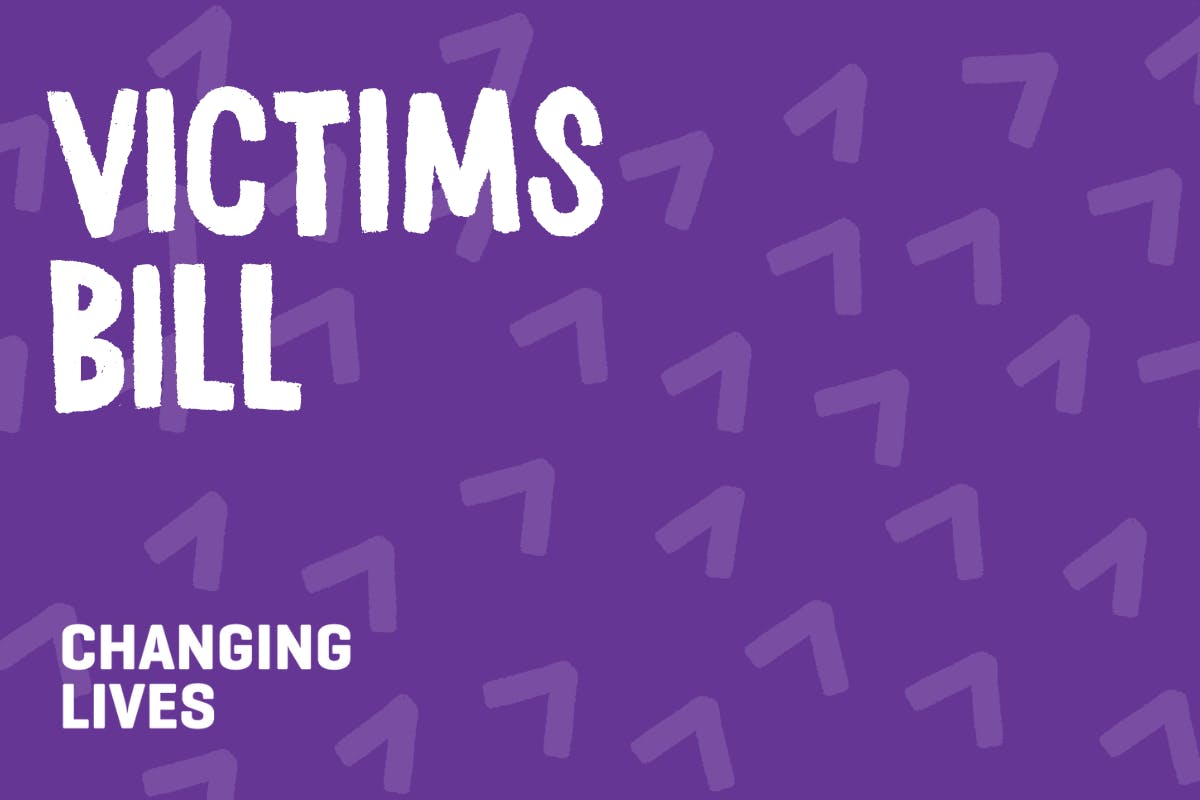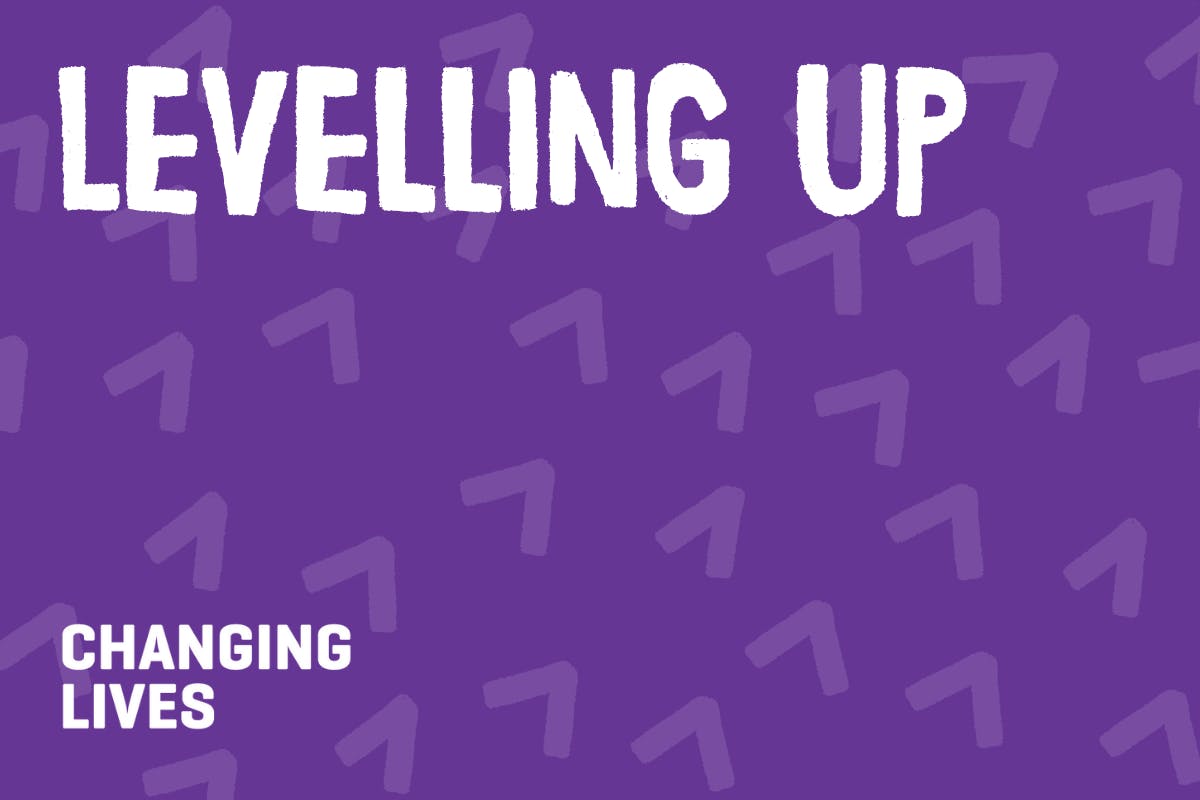Jennifer Harrison reflects on contents of the Spring Budget 2023, its impact for charities and the people we support at Changing Lives.
Yesterday’s Spring Budget brought some welcome relief for charities delivering vital frontline services, and the people we are here to support. At Changing Lives, we work with over 15,000 people each year who are facing some of the toughest challenges imaginable – including experiences of homelessness, abuse and exploitation, and acute poverty.
The Chancellor announced that the government will provide over £100m of support for charities and community organisations. Charities are facing unprecedented pressures on their operating costs, compounded by years of austerity and the challenges created by the Covid-19 pandemic. This funding has the potential to help charities keep their doors open, at a time when they are needed the most.
For the people we support, it is positive news that a further three months has been added to the energy bill support scheme, that excessive charges for prepayment meters will come to an end, and that a new, higher cost-of-living payment will come into play this year. Proposed changes to childcare funding, including payment up front for Universal Credit claimants, will also help many of the people in our services who have caring responsibilities. This is alongside a planned increase in the national minimum wage and a 10.1% inflationary uplift in benefits announced last autumn.
However, we continue to be desperately concerned about the plight of the people who access our services. Rough sleeping has risen by 26% in the last year, more people are living with exploitation and abuse, and we are seeing devastating instances of people who are facing acute mental health challenges, self-harming, and neglecting their own needs due to high living costs. Many have accessed our services with nowhere else to turn, finding themselves foraging for food and living in darkness. They have described using the last of their money to travel to a local food bank, only to arrive and find there is nothing left.
These are highly practical concerns, that demand a practical response. But it’s not just about the money, and we can’t assume that funding alone will solve every problem. These daily experiences are difficult to separate from the stigma and discrimination that are faced by people who are living in poverty. Often, they live in fear that they will be blamed for their circumstances, telling us they worry that their children will be removed from their care, or that by reporting crimes against them, they will themselves be criminalised.
That’s why we will continue to work with policymakers, practitioners and commissioners – nationally and in the regions where we are based – to call for systemic change for the people support, challenge and change perceptions, and lift people’s voices when they otherwise wouldn’t be heard.






